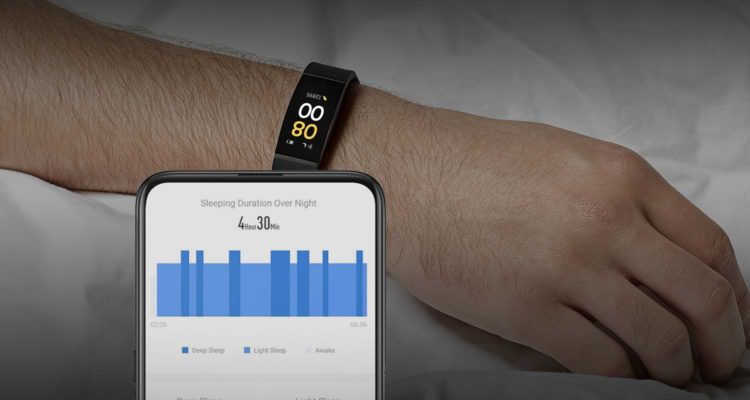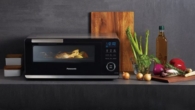
Scientists: sleep trackers can do more harm than good
0
Estimated every third person regularly complains about sleep. So it's no wonder that people are more concerned than ever about its control. This interest has led to a plethora of sleep trackers that measure how much and how much you sleep. However, these devices may not be as accurate or useful as the manufacturers claim.
Despite the popularity of trackers, few studies have looked at how accurate these devices are. At the moment, the results showed that compared to polysomnography tests, which experts use to diagnose sleep disorders, sleep trackers are accurate in only 78% of cases when determining sleep and wakefulness. This accuracy drops to about 38% when estimating how long it took participants to fall asleep.
Given that many consumer sleep devices have not been compared to polysomnography tests, it is difficult to determine their degree of accuracy. In addition, the algorithms that companies use to make predictions are unknown, making it difficult for scientists to determine whether the assumptions made by the devices are correct.
Studies also show that sleep devices work worse in people with insomnia who can stay still lie in bed for a long time. Because sleep trackers measure movement, one study found that the watch couldn't distinguish between sleep and wakefulness in people with insomnia.
Watches that include heart rate data tend to be slightly more accurate. One study of heart rate sleep trackers found that the two consumer devices tended to underestimate deep sleep by 46 minutes.
Ultimately, this leads to the question of whether sleep tracking is actually useful. Research shows that this can make problems worse. In particular, those who were told that they did not sleep well at night showed a decrease in mood, difficulty with thinking, and increased sleepiness.









Leave a Reply